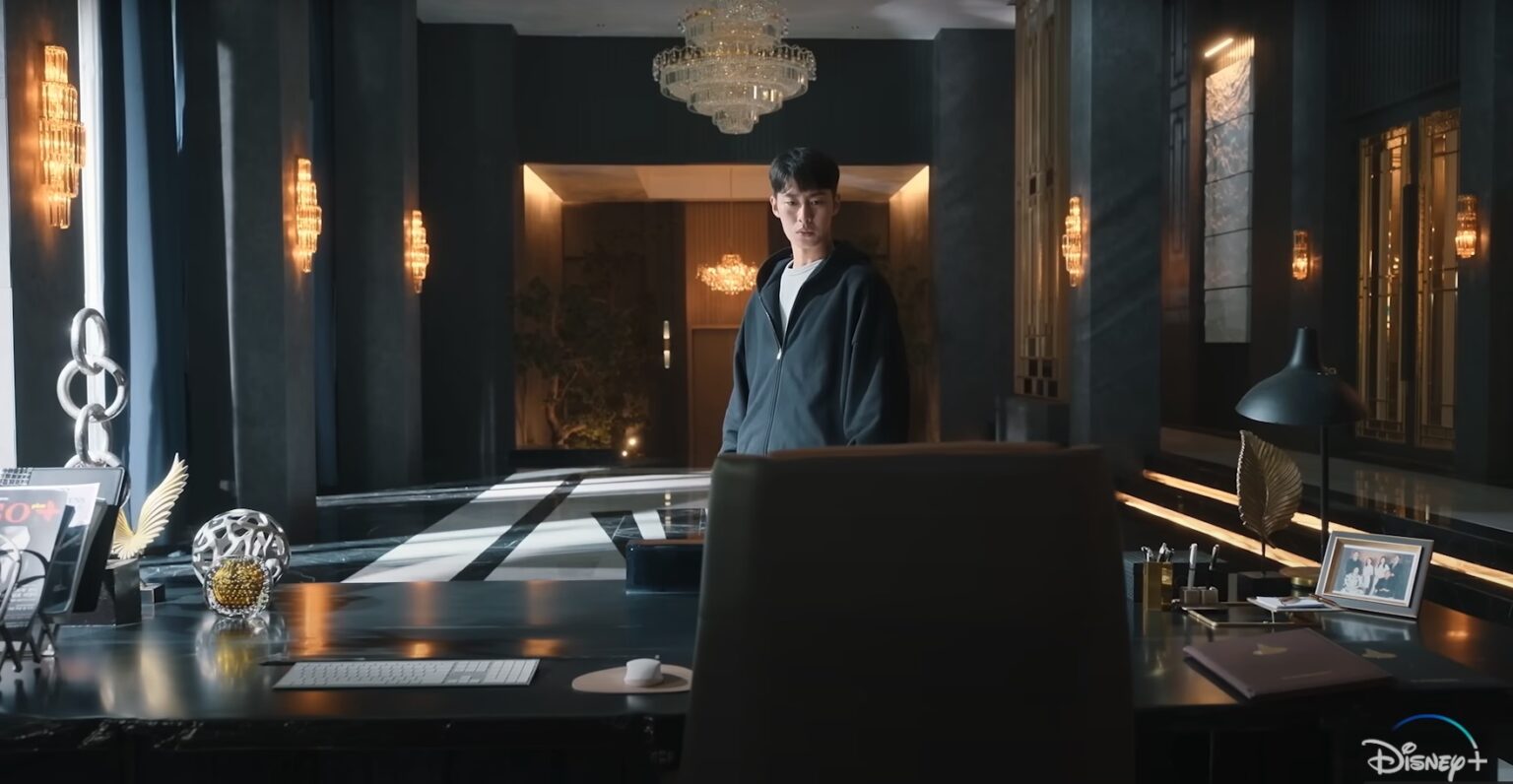When I started watching The Impossible Heir, I had high hopes. With a cast led by Lee Jae Wook and a storyline full of intrigue, power struggles, and romance, it had all the makings of an engaging drama. Yet, the show falters significantly in its execution. While there are moments of brilliance and intrigue, they are often overshadowed by poor writing, lackluster character development, and questionable creative decisions.
A Rough Start: Missteps in Storytelling
The initial episodes felt like a muddled attempt at establishing a plot. Instead of creating a seamless narrative, the story jumps between power struggles, unresolved mysteries, and an unnecessary love triangle. The show attempts to delve into deep themes of ambition, betrayal, and friendship, but the lack of cohesion leaves viewers struggling to connect emotionally.
The chaebol backdrop is particularly underwhelming. The rich characters don’t exude the sophistication or gravitas you’d expect from their social standing. As one viewer put it, “The chaebols look and act like they just got rich yesterday.” The extravagant settings and power plays feel more like caricatures than authentic depictions of high society.
The Female Lead: A Casting Misfire
Perhaps the most glaring issue is the female lead. Played by Hong Suzu, her character feels miscast and underdeveloped. From the lack of chemistry with either male lead to her lifeless portrayal of a pivotal role, she drags the show down significantly. As one commenter noted, “She acts like a robot even till episode 4.” Her character’s motivations are unclear, making it hard to root for or even empathize with her. In contrast, the second female lead, Choi Hee Jin, steals the spotlight with her nuanced and compelling performance. It’s frustrating that the more talented actress is relegated to fewer scenes.
The Male Leads: Uneven Dynamics
Lee Jae Wook, as the primary male lead, does his best to elevate the material. His natural charisma and screen presence shine in moments of conflict and introspection. However, the script often fails to give his character meaningful direction. His motivations are muddled, leaving viewers scratching their heads. The second male lead, Lee Jun Young, provides much-needed energy and depth. His comedic timing and emotional range make his character far more relatable and entertaining.
The dynamic between the two male leads is one of the show’s stronger aspects. Their rivalry and camaraderie are intriguing, though the love triangle threatens to overshadow the subtler nuances of their relationship. The tension between them feels organic, but the unnecessary romantic subplot dilutes its impact.
The Love Triangle: A Tired Trope
The love triangle is one of the show’s biggest missteps. Instead of enhancing the drama, it feels forced and detracts from the more compelling themes of ambition and betrayal. Viewers have expressed frustration over the female lead’s role in potentially breaking the friendship between the two male characters. One viewer sums it up perfectly: “If that girl ruins the friendship, I’m going to throw some hands.”
It’s not that love triangles can’t work, but in The Impossible Heir, it feels out of place. The romance lacks chemistry, making it difficult to invest in the relationships. A more focused narrative on the power struggles and the characters’ internal conflicts would have been far more engaging.
Moments of Redemption: Episodes 6 and Beyond
Surprisingly, the show picks up momentum after Episode 6. The twists and turns become more unpredictable, and the stakes are raised significantly. For viewers who stuck with the series through its rocky start, this shift is a welcome reward. The storytelling becomes tighter, and the characters start to show glimpses of depth. One viewer noted, “From Episode 6 onwards, my jaw almost hit the floor several times.”
This improvement highlights the show’s potential. It’s clear that there’s a compelling story buried beneath the flaws. The challenge is whether viewers can endure the early missteps to reach the more rewarding episodes.
Production and Direction: Mixed Results
Visually, The Impossible Heir delivers in terms of aesthetics. The sets and costumes are lavish, and the cinematography captures the drama’s high-stakes environment. However, the background score often feels out of sync with the narrative. Instead of enhancing the tension or emotional beats, it distracts from them.
The direction is inconsistent. Some scenes are beautifully crafted, with tension and emotion shining through. Others feel rushed and disconnected, as if the director struggled to balance the show’s various elements.
Final Thoughts: A Flawed but Intriguing Drama
The Impossible Heir is a drama with immense potential that is let down by poor execution. The missteps in writing and casting overshadow the moments of brilliance, making it a frustrating watch for many. However, for those who stick with it, there are rewards to be found in the latter half of the series.
If the creators plan a second season, they must address these issues. Tightening the script, giving the characters clearer motivations, and reevaluating the casting choices could transform this flawed drama into something truly remarkable.
Would I recommend it? With caution. If you’re a fan of Lee Jae Wook or enjoy dramas with unpredictable twists, The Impossible Heir may be worth your time. Just be prepared to endure some frustrations along the way.



